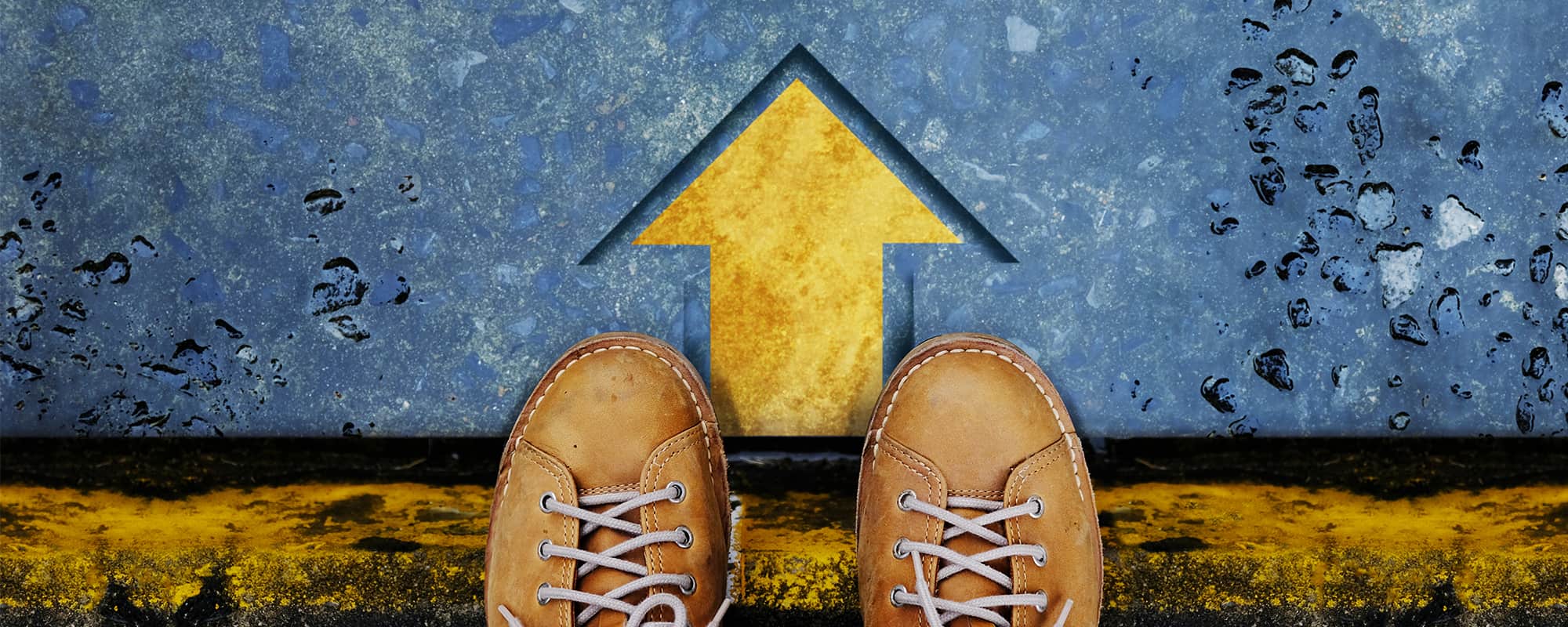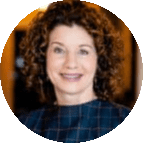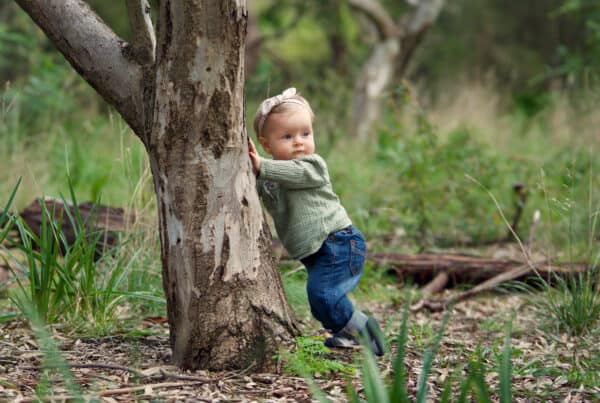What would you do if you knew you could not fail?
Fear of failure holds us back from doing what we truly love and what we are capable of because it matters more if we fail at our passions or our purpose – than something you’re doing for duty or as the safe or comfortable alternative.
If you don’t really care about what you are doing, it doesn’t matter if you fail at it. But then we get caught in a pattern of living a watered-down version of our lives, not rising to our potential, but rather playing small, going through the motions – more as a passenger than a pilot.
Once you’re in that pattern it can be hard to break. But the good news is – you can. You have the power to re-write your story and eliminate the messages you keep telling yourself that keep holding you back.
But how? Dr Gail Saltz – acclaimed Psychiatrist, Psychoanalyst and best-selling Author joins us to help.
Firstly, why do people play small?
“There’s a comfort in repeating what you know. It’s scary for most people to break out of a pattern and do something differently, seeing the uncertainty of what the outcome will be.”
In your best-selling book – Becoming Real: Defeating the Stories We Tell Ourselves That Hold Us Back, what are those stories?
“They range from person to person, between biological givens combined with our environment and life experiences that evolve our personality, our way of thinking and relating to others. Think of the ‘stories’ as a tape of what your telling yourself that’s driving a lot of your behaviour, like self-defeating stories, or your need to be a super-achiever, the competitor, a person that is dependant or passive.
All your stories have a theme. For example; why you keep picking the same person – either as a friend or in a romantic capacity. These relationships tend to following the same path, leading to the same outcome. If you were able to be introspective about what was going on in your mind during that process, you would find a story that says: ‘I have to go for that person, because that’s the best I can do’ or ‘I have to go for that person, because they’re here now and I have to have someone, because it’s too scary to be on my own.’
How can we break those patterns and take control of our life and our course?
“The first and the hardest part is awareness and the ability for self-observation. And a willingness to investigate internally and self-analyse – even when it’s painful.”
How do you do that?
“Pick something that’s not working for you. What are the repetitive thoughts you have around that issue? Once you’re aware of that, question the thoughts. What does it mean? where did I get that Idea? Allow yourself the space and the time to conduct a ‘mental investigation’, to uncover the origins of that story. Does it really still fit for you? Are the things you’ve based that story on accurate or current? Are you that same person, or a different person? As you question, you move toward re-writing that story.
It is possible to do this work on your own, but sometimes we need an objective outer party – like a psychotherapist to help bounce things off in order to get a clearer perspective on the thoughts and feelings we tell ourselves, because we are too close to them.
This psychodynamic work is the process of taking unconscious material and making it conscious for yourself; questioning it, analysing it, looking at the roots of it, then reforming it.
The knowledge of what’s going on in your unconscious mind is the power to undo it, because your unconscious thoughts and feelings drive behaviour. Once you’re aware of those thoughts and feelings – you can change them, and your story.
Knowing who you are and how you want to live your life is also key to taking back control. In your book you discuss the five qualities of becoming ‘real’: Authenticity, Personal Freedom, True Strength, Self-Acceptance and Intimacy. What are those qualities and how can we develop them?
“Authenticity is really knowing who you are, how you really got there and being at peace with that. It’s understanding devoid of self-blame. To build real relationships, real trust and achieve true intimacy you need to be able to be vulnerable. It’s being seen and accepted for who you really are and seeing and accepting others the same way.
If you’re a secret from yourself, you can’t be an open book to someone else.
Personal freedom. Behaviours are driven from unconscious thought and unconscious intense emotions. and when we make that unconscious material conscious – it frees you from being forced into repetitive behaviours. When you know your stories, you have the opportunity to defeat them and feel free to make your decisions, life choices and behaviours – based on all the information.
True Strength. I think true strength is having the courage to really know yourself.
‘It takes great courage to see the world in all its tainted glory, and still to love it. And even more courage to see it in the one you love’ – Oscar Wilde
The same theory applies to yourself.
Self-Acceptance is knowing all of the things about yourself (some of them may be not so great), and being willing to work on them – but accepting that they’re there. One of the biggest defence mechanisms that people run up against is denial; ‘knowing this about myself makes me very anxious, so I’m just not going to know.’ Seeing it, accepting it, working on it -that’s self-acceptance.
Intimacy– with yourself as well as with others. Remember it’s a two-way street. Be willing to accept others and love them as they are. If you find yourself being judgemental of other people- you’re probably judgemental of yourself. If you can’t be self-compassionate, chances are it’s hard to do the same for other people.”
The new year presents fresh opportunities. We’d love for you to be truly, vibrantly, unashamedly you in 2021, and feel empowered to be the pilot in your life, knowing you have the ability to change your story and live your best, most authentic life. If we have learned anything in 2020, it is to not take a day of our lives for granted. Be brave for yourself, in the words of Nelson Mandela; “I learned that courage was not the absence of fear, but the triumph over it. The brave man is not he who does not feel afraid, but he who conquers that fear.” We hope you can step away from the shackles of whatever you are telling yourself that is holding you back and do what you would do if you knew you were not going to fail.
“There is no passion to be found playing small – in settling for a life that is less than the one you are capable of living”. – Nelson Mandela
If you’d like to listen to our full conversation with Dr Gail Saltz, tune into Episode 86 of the Pakmag Parents Podcast.





